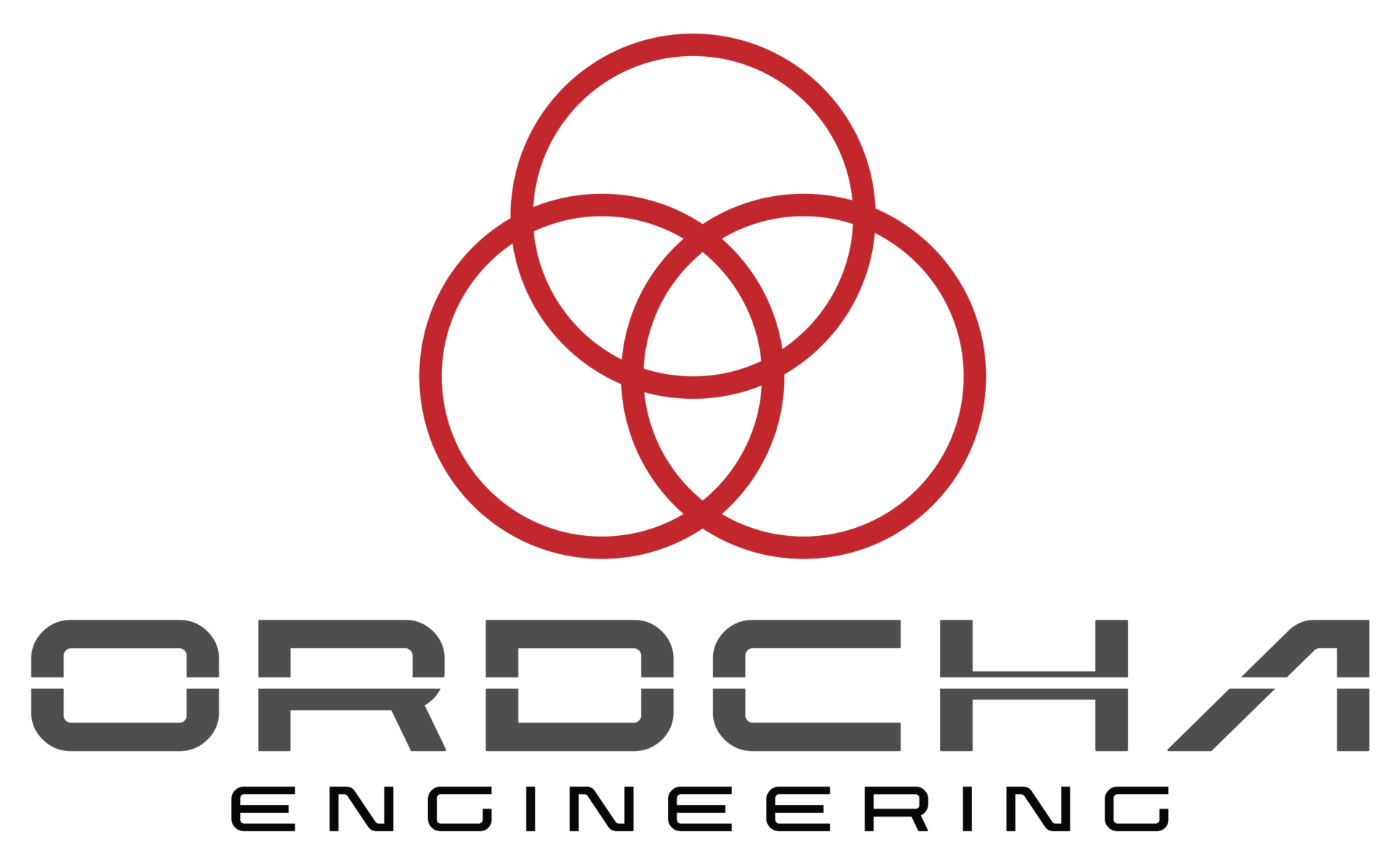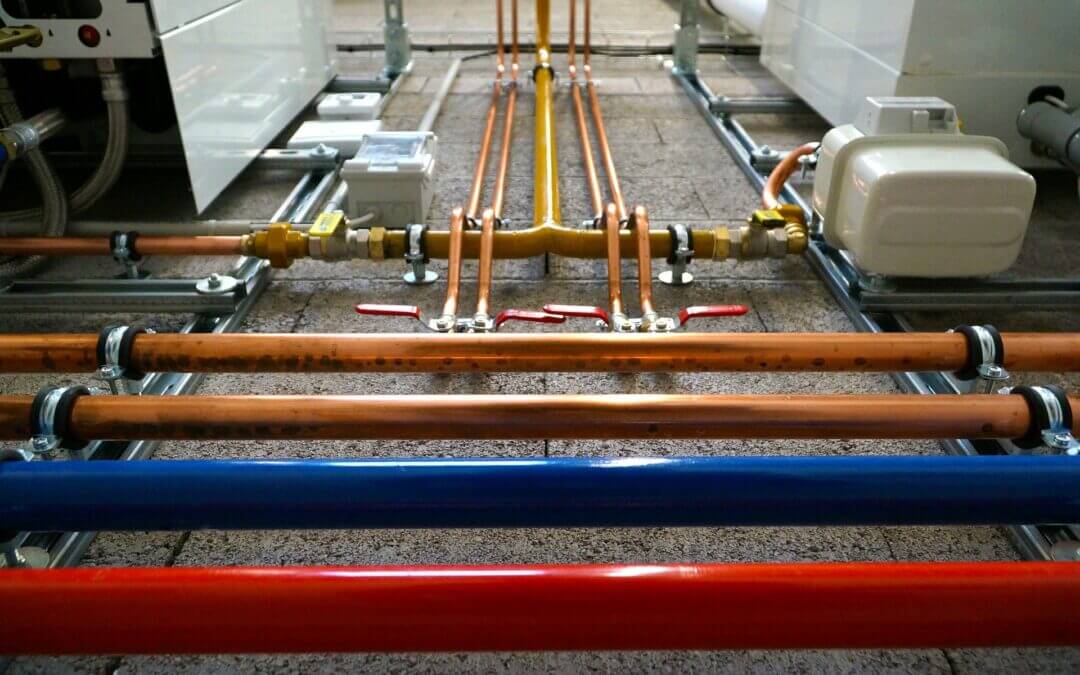Few things in modern society sooth aches and fatigue better than a hot shower or a long soak in a tub. Indoor plumbing and water heaters are a wonderful evolution in modern comforts. So what happens when you come back from vacation to find standing water in the room with your water heater? What makes these glorious appliances fail?
Assuming all the connections are fine – water heaters fail for three primary reasons:
Corrosion: Rust and sediment build up can happen in any water system, especially in domestic water applications such as residential water heaters. The corrosion eats through the tank’s metal until it finally leaks. Water heater manufacturers design against corrosion in two primary ways:
- Material selection either Glass or enamel lined steel tanks or stainless-steel tanks
- Sacrificial anode rod this metal rod corrodes first and is replaced to protect the integrity of the tank. It should be inspected annually and replaced when it deteriorates. Flushing water heater tanks is recommended by water heater manufacturers as a maintenance item.
Over pressurization High pressure failures of water heaters are hard to create, by design. Its essentially a rocket – inside a structure. Several safety functions must fail before an over pressurization:
- Pressure relief valve: code requires if pressure gets too high in the tank a relief valve be installed to open and relieve pressure. This valve would have to fail first.
- Thermal expansion tanks are often installed to allow for the increase in water volume when water expands with increased temperature.
- High temperature shut off safety in the burner / electric heater controller.
Age Over time, equipment fails, of course. The safeties generally include proper maintenance and installation above.
Other failure methods are possible, but these three seem to be the most common. To prevent them, schedule annual inspections and service by a licensed professional.
Ready to talk?
We are happy to talk with you about your project. Feel free to reach out to us.
contact@ordcha.com
980-229-2232

